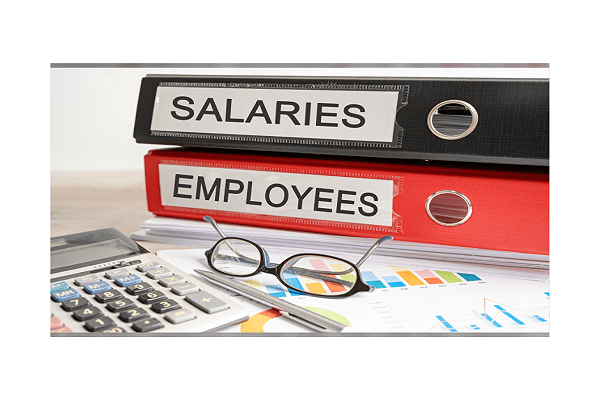
KEEPING UP TO DATE
Annualised salaries
7 July 2022
As a Small Business owner or manager you are busy up-dating wages and superannuation but don’t forget that back in 2020 the Fair Work commission introduced an important process to ensure that employees covered by a number of awards are protected from underpayments called Salary Annualisation.
As an employer, trying to juggle compliance with running the business can be hard. Creating an annualised salary which accounts for the allowances and penalty rates in your business can save hours. With the 5.2% increase in minimum wages you can’t take for granted that previous salaries will cover everything. Act now to create your Annualised Salary Statement for each employee to make it easier.
Creating Annualised Salary Statements is one task you can outsource. Contact us and we can assist you with the reconciliation process and navigate any changes. To start, please download your Annualised Salary Checklist.
Background
The government introduced Salary Annualisation legislation in March 2020. All businesses are legally required to provide an Annualised Salary Statement at least once a year for all employees covered by specified awards to ensure no employee has been or will be underpaid.
What is an annualised salary or wage?
An annualised salary or wage is when you pay an employee a total amount for the year, which is broken down into equal amounts every pay period. This annual amount can compensate the employee for any additional payments they might be entitled to under their specific award such as loadings, overtime, allowances and penalties.
What this means for you
- Paying above minimum rate doesn’t guarantee you are compliant. You still need to check your records and provide a statement.
- Employers must be able to prove that the employee is better off under the Annualised Agreement (instead of Award Wage + Individual Award Entitlements).
- If there is any underpayment, backpay the employee.
- If there is an issue and you haven’t kept the required records for 7 years (including time, wages, leave, etc.) a penalty may apply and in some states wage theft is a criminal offence.
- Employers must have agreement in writing with their employees that they can pay an annualised salary.
Do you need our Checklist?
It’s important to ensure you comply with the changed legislation, so ask yourself the following questions:
Q: Are you confident which award/s your team fall into?
Q: Do you employ anyone in one of these awards?
- Clerks – Private Sector Award
- Manufacturing and Associated Industries and Occupations Award
- Hospitality Industry (General) Award
- Legal Services Award
- Pharmacy Industry Award
- Pastoral Award
- Horticulture Award
- Social, Community, Disability and Home Care Services
- Banking, Finance, and Insurance Award
- Health Professionals and Support Services
- Broadcasting and Recorded Entertainment Award
- Oil Refining and Manufacturing Award (non-clerical employees)
- Wool Storage, Sampling and Testing Award
- Local Government Industry Award
- Telecommunications Services Award
- Contract Call Centres Award
- Hydrocarbons Industry (Upstream) Award
- Water Industry Award
- Rail Industry Award
- Salt Industry Award
- Mining Industry Award
Q: Are you confident of your current process?
Q: Do you pay (or wish to pay) employees a higher hourly rate to compensation for potential overtime, loadings, penalties or allowances to streamline your payroll processes?
We are here to help. We have the expertise to help you manage payroll. Please contact us to book your obligation free consultant with an Impact HR Payroll expert. To further assist with your Annualised Salary review, please download your free Annualised Salary Checklist.
More News? Sign Up for our e-Newsletter?